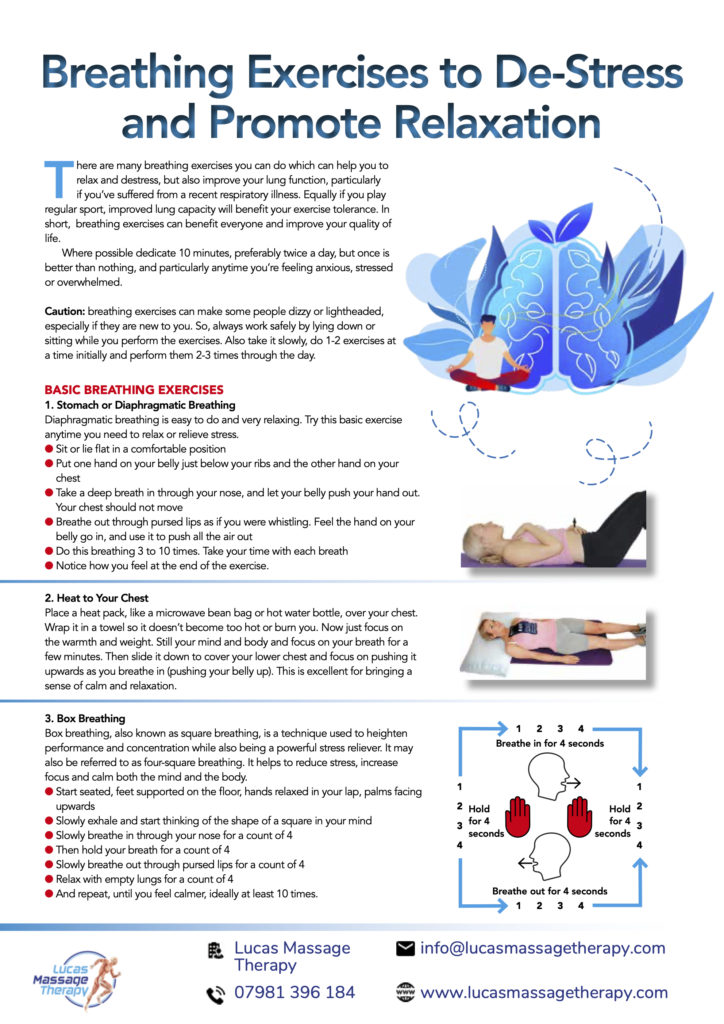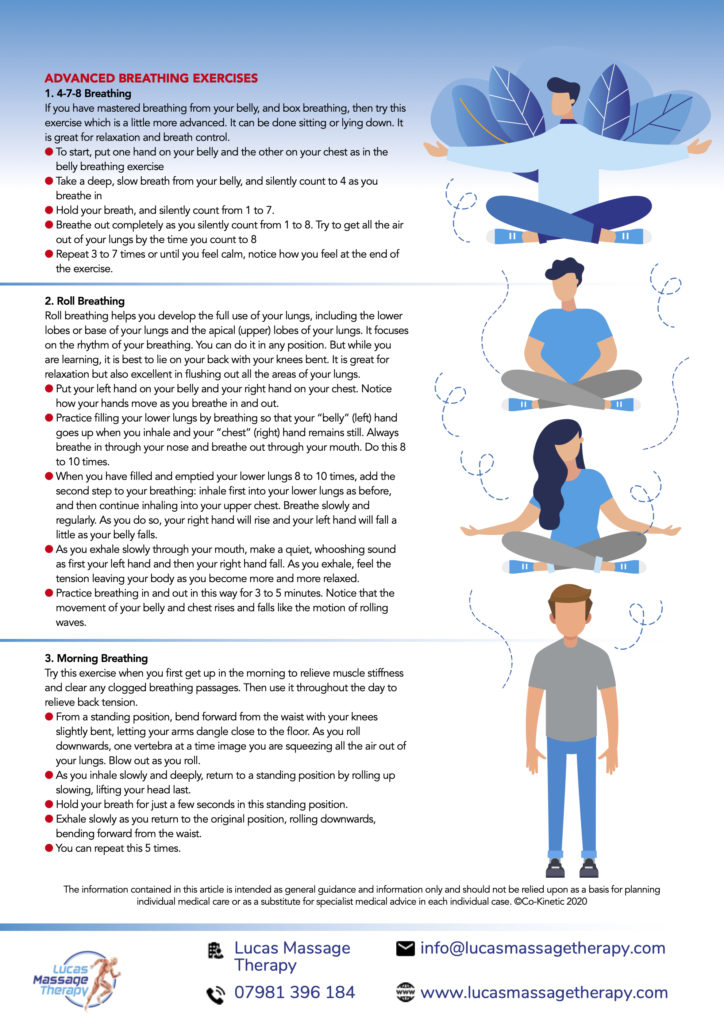How do you manage stress?
Stress is an inescapable aspect of life, arising from various sources such as work, family, relationships, health concerns, and financial difficulties. Although stress is a typical and inherent reaction to demanding circumstances, prolonged stress can have detrimental effects on our mental and physical well-being. Therefore, it is crucial to possess relaxation techniques that aid in stress management and enable us to find tranquillity amidst turmoil. Here are a few effective relaxation strategies to consider implementing for stress management at work.
How do you manage stress with a massage
Massage is a technique commonly utilized in different cultures to induce profound relaxation and alleviate feelings of anxiety. The positive impact of massage on anxiety and mood can be attributed to changes in brain activity, reduction in cortisol levels, and enhanced activity of the parasympathetic nervous system, which naturally soothes the body and mind in stressful situations.
Massage has the ability to enhance concentration and strengthen the body’s immune system by increasing the effectiveness of natural killer cells. Studies using functional brain imaging have shown alterations in various regions that govern emotions and stress management. Through massage, heart rate and blood pressure can be reduced, muscles can relax, and the production of endorphins, the body’s own mood-enhancing substances, can be enhanced. Furthermore, massage promotes the release of serotonin and dopamine, inducing a state of serene relaxation that aids in the alleviation of both long-term and immediate stress.
The body’s response to stress involves conserving energy by reducing the activity of the digestive and immune systems while directing more blood flow to the heart, muscles, and lungs. Prolonged stress can weaken the immune system, increasing the likelihood of infections and immune-related disorders. Additionally, chronic stress can result in digestive and elimination problems.
Massage therapy has the potential to restore normal circulation, enhance immune system functioning, and aid in normalizing digestion. Prioritizing self-care is essential, and incorporating therapeutic massage into your routine can improve your overall well-being and mental state. In fact, stress relief alone can enhance vitality and mindset.

How do you manage stress with meditation
The act of practising meditation can assist in calming the mind and alleviating stress. It entails directing your attention towards a chosen object, sound, or concept while letting go of any distracting thoughts. Various forms of meditation exist, including mindfulness meditation, loving-kindness meditation, and transcendental meditation. Begin by locating a serene and cosy spot to sit. Close your eyes and concentrate on your breathing. Whenever your mind drifts away, gently guide it back to your breath. Initiate with a few minutes each day and progressively extend your practice.
How do you manage stress with deep breathing
Deep breathing serves as a straightforward and efficient relaxation technique applicable in any setting and at any time. During periods of stress, we often engage in shallow breathing, which may elevate our heart rate and blood pressure. Conversely, deep breathing has the potential to decelerate our heart rate, reduce blood pressure, and foster relaxation. To practice deep breathing, locate a serene and comfortable spot to sit or recline. Shut your eyes and inhale slowly through your nostrils, filling your lungs with air. Pause momentarily, allowing your breath to settle, before exhaling leisurely through your mouth, expelling all the air from your lungs. Repeat this process for several minutes, concentrating solely on your breath and releasing any thoughts or concerns.
How do you manage stress with breathing exercises


How do you manage stress with progressive muscle relaxation
Progressive muscle relaxation is a technique that entails the contraction and subsequent relaxation of various muscle groups in the body. Its purpose is to alleviate physical tension and induce a state of relaxation. To practice progressive muscle relaxation, locate a comfortable place to recline. Close your eyes and take several deep breaths. Next, commence with the muscles in your toes by tensing them for a short duration before releasing the tension. Proceed to sequentially tense and release the muscles in your calves, thighs, abdomen, chest, arms, face, and neck. Take your time and concentrate on the pleasurable sensation of relaxation.
How do you manage stress with yoga
Yoga involves both physical and mental elements, incorporating movement, breath control, and meditation. It offers benefits such as stress reduction, enhanced flexibility and balance, and relaxation. Various forms of yoga exist, including hatha, vinyasa, and restorative yoga. To begin your yoga journey, seek a suitable class or instructional video that matches your abilities and preferences. Make sure to wear comfortable attire and have a yoga mat. Always be attentive to your body’s signals and avoid overexertion.
How do you manage stress with guided imagery
Guided imagery is a method that involves utilizing your imagination to construct a mental visualization, which aids in relaxation and stress reduction. It entails envisioning a serene setting, such as a beach or forest, or picturing oneself in a tranquil state. To practice guided imagery, locate a calm and comfortable spot to sit or lie down. Close your eyes, take a few deep breaths, and then create a peaceful scene or state using all your senses.
Remain with this image for a few minutes, letting go of any thoughts or concerns. Employing relaxation techniques can assist in stress management and discovering tranquillity amidst the daily chaos. By incorporating these practices into your routine, you can diminish stress, foster relaxation, and enhance your overall well-being. Remember to begin with small, achievable steps and exercise patience as you integrate these techniques into your everyday life.

